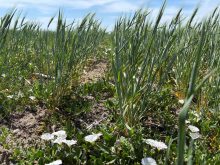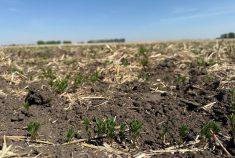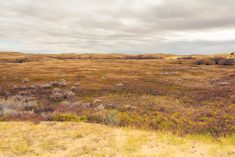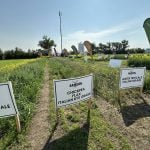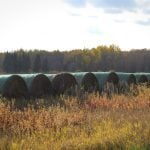Portland | Reuters –– The U.S. Bureau of Reclamation will cut the amount of federal irrigation water available to farmers along the Oregon-California border to half the annual norm as it grapples with a fourth year of regional drought, the agency said on Friday.
Though the roughly 1,200 affected farms in the Klamath Basin had been warned that additional irrigation cuts might be coming, it was unusual for the agency to change its irrigation forecast at this point in the year, said acting Bureau of Reclamation area manager Brian Pearson.
Read Also
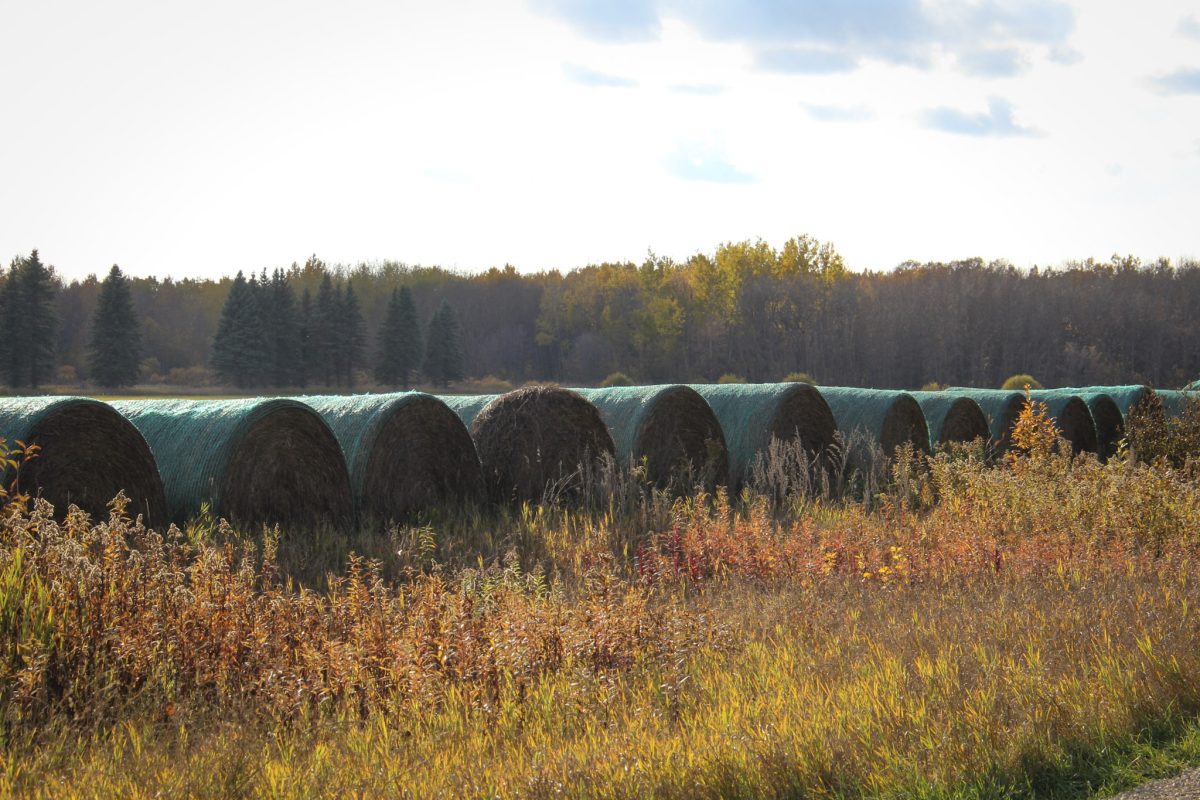
Prairie forecast: Warm, dry west; warm, unsettled east
Highlights Conditions producing heat and humidity over Saskatchewan and Manitoba to depart Alberta to see a cooling pattern before returning…
But he said that abnormally low snow levels had made it especially difficult to forecast how much water will be available later this year.
In non-drought years, farmers in the region have been allowed about 390,000 acre feet of water, roughly 127 billion gallons. They had already been told to expect just 254,500 acre feet this year. The cuts announced this week bring the allocation down to between 200,000 and 175,000 acre feet for the full year, Pearson said.
A number of farmers had already removed land from active use or planned for low-water crops. Even so, the further reductions present a hardship, said Matt Vickery, deputy director of the Klamath Water Users Association, a nonprofit advocate for agriculture and irrigation operations.
“People have already planted high-risk, high-yield crops, like potatoes and onions, that may not be irrigated through the season now,” Vickery said.
“These farmers have put money into the land, and now the water may not be there for their crops,” he added.
In a typical year, agriculture contributes about US$600 million to the economies of the Northern California and Southern Oregon Klamath Basin, Vickery said. “The cuts we’ve seen are already affecting the economy,” he added.
The Bureau of Reclamation has little leeway when determining water allocations, because it is legally required to send water to rivers downstream from its reservoir, and also to protect endangered fish populations, Pearson said.
— Courtney Sherwood is the Oregon correspondent for Reuters in Portland.




